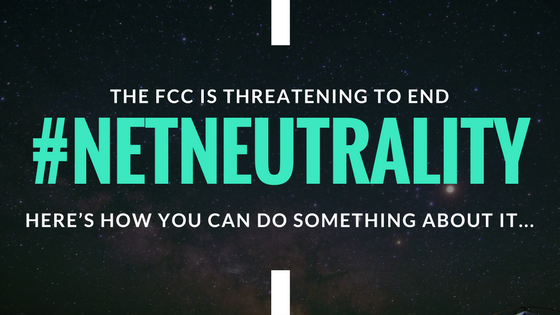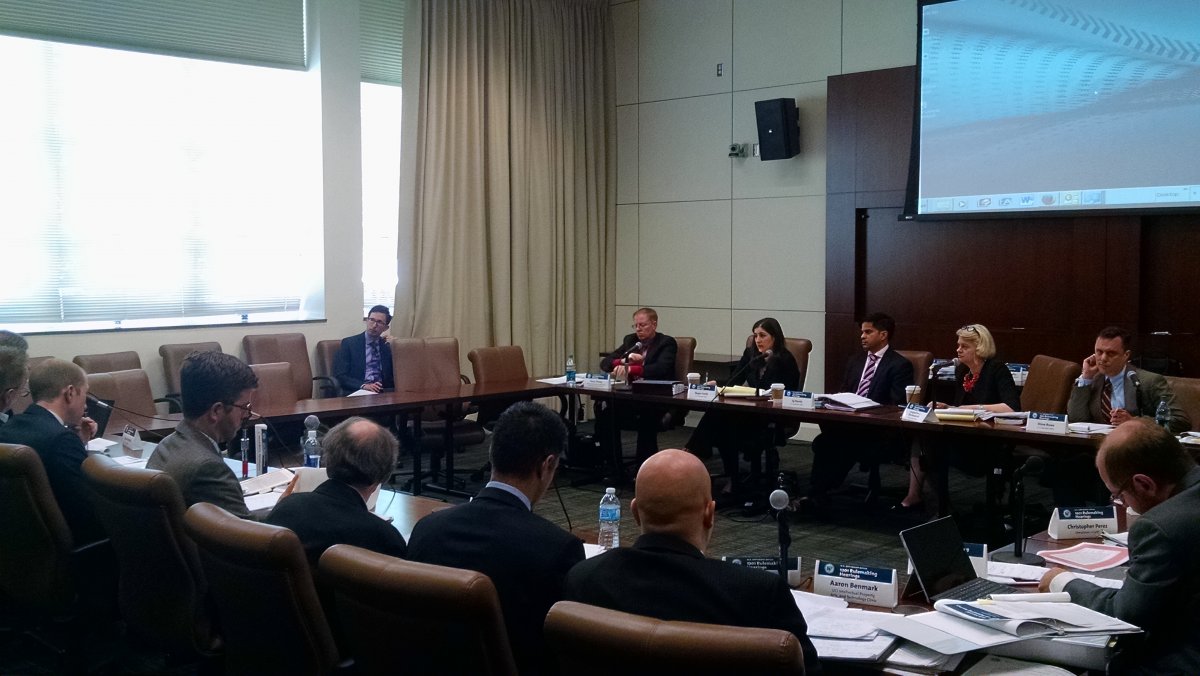Policy/Legal
New Media Rights asks for legislative reform in comments to Copyright Office's DMCA Section 512 study
New Media Rights joins filmmaker groups asking for copyright reform of Section 1201 of the Digital Millenium Copyright Act
New Media Rights seeks reform of section 1201 Anti-circumvention provisions in Copyright Office study
USPTO/NTIA offer up practical steps to sow the seeds of copyright reform
2015 DMCA Anti-Circumvention Rulemaking: Significant Victories, but a Broken Process
New California privacy laws require search warrants for digital information, Smart TV disclosures, and drone restrictions
New Media Rights joins Nameless Coalition asking Facebook to fix its authentic name policy
NMR joins coalition to tell TPP Negotiators to stand up for creator and user safeguards
New Media Rights and KEI tell the US Trade Representative not to adopt measures that could expand the “20th century digital black hole"
Pages
Learn about our legal services for: App Developers, Artists & Graphic Designers, Bloggers & Journalists, Clothing Designers, Entrepreneurs, E-commerce Business People & Startups, Filmmakers & YouTube creators, Public Broadcasting producers,Game Developers, Internet users & Smartphone users, Makers, Musicians, Non-Profits, Photographers, Scholars, Researchers, and Writers and Publishers.




 Every three years the Copyright Office meets to reconsider exemptions to the DMCA Anti-Circumvention provisions. These exemptions are critical to ensuring creators and consumers’ ability to bypass technological protection measures on copyrighted works, allowing them to make fair use of works in a variety of circumstances. As
Every three years the Copyright Office meets to reconsider exemptions to the DMCA Anti-Circumvention provisions. These exemptions are critical to ensuring creators and consumers’ ability to bypass technological protection measures on copyrighted works, allowing them to make fair use of works in a variety of circumstances. As 


